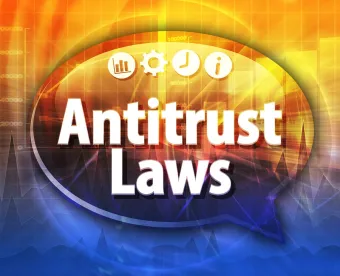Last September, Makan Delrahim, the Assistant Attorney General for the Antitrust Division of the Department of Justice (“DOJ”), announced efforts to streamline antitrust merger reviews with a stated goal of completing the process within six months from the time an investigation begins. According to Mr. Delrahim, the process would benefit from, among other things, (i) earlier engagement with transacting parties, (ii) faster and earlier production of relevant documents, (iii) modifications to timing agreements, and (iv) the elimination of what Mr. Delrahim called the “gamesmanship” of the privilege process. The Federal Trade Commission (“FTC”), in prepared remarks delivered last October to the U.S. Senate Committee on the Judiciary Subcommittee on Antitrust, Competition Policy, and Consumer Rights, made similar sweeping remarks about the need to study ways to hasten the pace in which the FTC completes a merger investigation.
According to a recent survey, however, the results of these efforts have been mixed. During a rolling 12-month period ending in the second quarter of 2019, the average investigation, from announcement to completion, appears to have taken approximately 11.4 months. Moreover, while DOJ appears to be moving the process along faster, approximately 75 percent of the investigations led by the FTC during this surveyed time period lasted more than 16 months. Almost a third of all of these investigations (DOJ and FTC combined) have been in the health care and pharmaceutical industries.
The bottom line is that while the enforcers are making an effort to expedite the merger review process, clearly more needs to be done. Furthermore, parties to a transaction subject to a significant investigation should be prepared to wait as much as a year or more before the investigation is completed.





 />i
/>i

